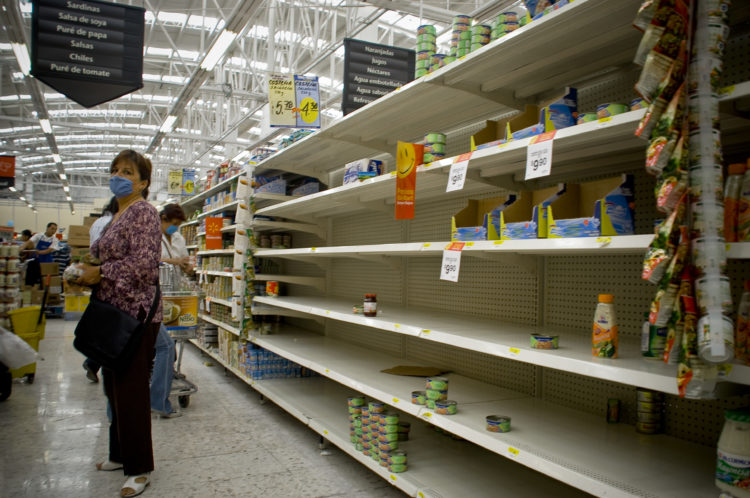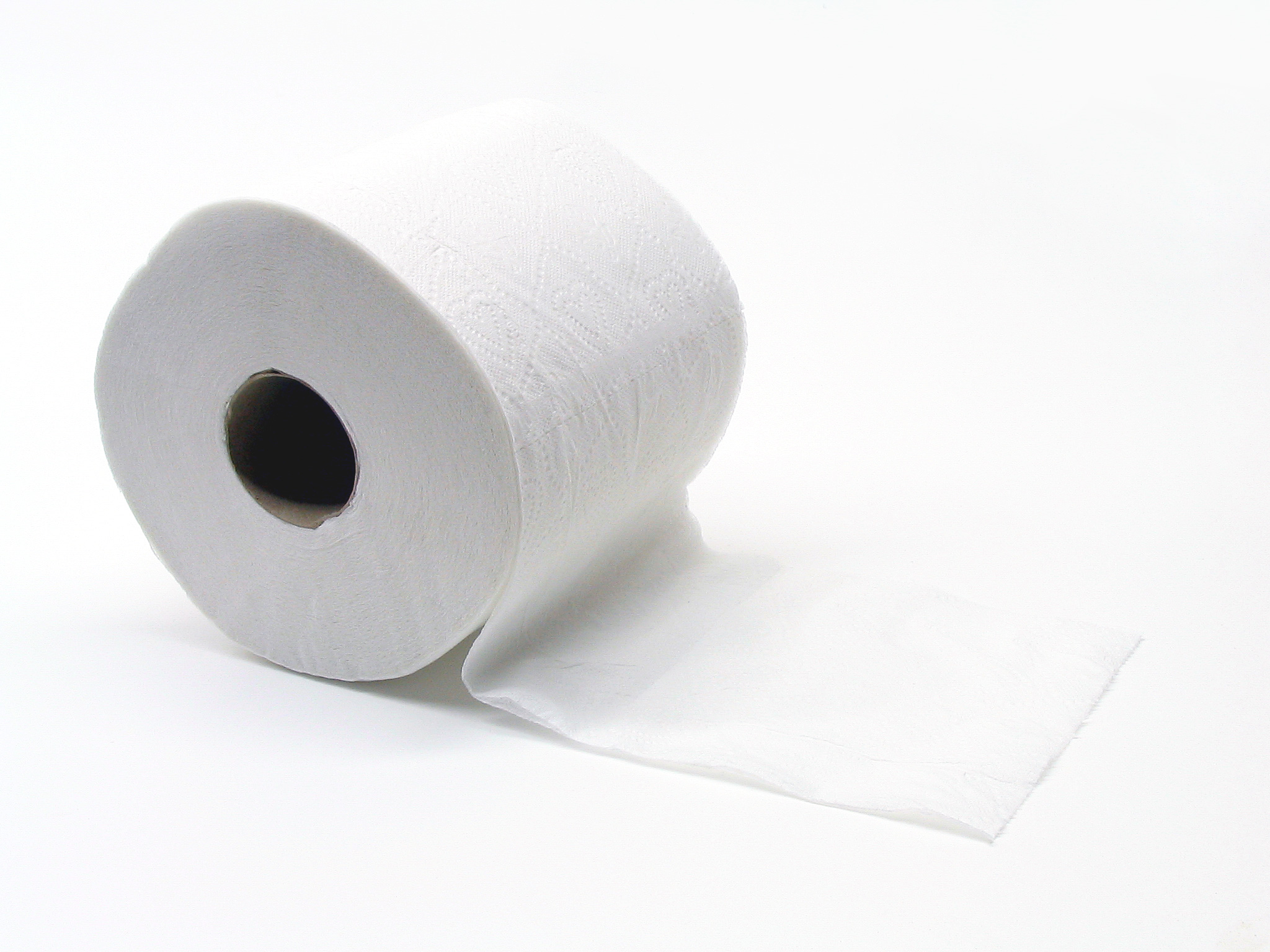As someone whose anxiety often manifests itself as germaphobia (defined, by the way, as not only an irrational fear of germs but also contamination and infection), times like these are not ideal. Having washed all my laundry, deep cleaned every inch of my apartment and lit many vanilla-scented candles, I find myself taskless—definitely not ideal. This, combined with the constant news notifications with patient numbers I can’t make sense of, panicked WhatsApp messages from family and friends and the eerie ghost-town vibe of a self-contained Berlin, I am find myself often high-key panicking. And yet, the few logical bones left in my body are reminding me and my anxiety to claim a new sensitivity, rationality and above all, a responsibility in my panic.
At this point in time, it seems our world has entered a state of mass hysteria. Often referred to as epidemic hysteria, is best understood as two or more people who share beliefs related to symptoms of illness, and is a consequence of society being unable to react logically to a situation at hand due to anxiety and/or panic. From hoarding groceries to downright xenophobic behaviour, the corona virus has—in a very Hobbessian manner—evidenced the selfish and cruel nature of humans when exposed to fear-mongering, misinformation and a deviation from the social norms we have long internalised. But although such behaviours are problematic, I find it hard to blame people. Panic—not only for ourselves, but for our loved ones—can be all-consuming and irrational.
Such panic is fuelled by the media—both social- and otherwise—and it’s been difficult for me not to get caught up in it. Over the weekend, The New York Times posted a story with the headline, “Younger Adults Make Up Big Portion of Coronavirus Hospitalizations in U.S.”. When I read it, I felt panicked. I worried that one of the reassurances keeping me sane—my privilege of being young, healthy and not ‘at-risk’—might be crushed. But as I digested the information packed into the article, I understood that it was fear-mongering. When I looked at the facts—something I have to keep doing—I realised that the same statistics being used to make this claim also showed that less than 5% of 20-54 year-olds with corona have been hospitalised in the US. Statistics themselves aren’t necessarily biased, but the way they’re spun can be, and it’s something I have to keep reminding myself.
Increasingly, I’m trying to keep a safe distance from 24 hour news channels and attempting to verify sources of information. Reading about the highest jump in corona-related cases in a day is not conducive to my feeling safe or healthy. At the same time—for my job as much as anything—it’s important to stay informed, especially in regards to government warnings, healthcare advisories and general updates, but reading every murky detail (not to mention the unwarranted self-care tips) will definitely drive me against the four walls of my isolation chamber. Not every IG story is factual (including, unfortunately, the dolphins of Venice) and there are too many self-proclaimed “medical practitioners” dishing out advice—from fake breath tests, to drinking ginger tea to avoiding Ibuprofen—with little to no real scientific basis. From this graph used in a recent FT article that dates back to 2012 to the aforementioned NYT defining “young people” as anywhere between 20 and 54, it is vital that we take the time to verify our sources of (mis)information. Fact checking in the midst of this media blitz is also a responsibility I do not take lightly.

Being an extremely sociable person, sitting at home, alone, with instructions not to leave the house would ordinarily be the ultimate recipe for anxiety. My worst fears of turning into a domestic goddess are all coming true as I find myself making pasta from scratch at 8am. I am restless from not being able to see my friends for a drink and downright agitated by links to live streaming club sessions. But my solace in these times is imagining the curve flattening, as social distancing is proven to be the only effective solution for now. Although now mandated by the governments, I have to remind myself of my share in a larger, collective responsibility. My usual control-freak self is thirsty to feel in command of any aspect of my regular routine, and if right now all I can do is stay distant—I will put that down as a task on my to-do list, just to feel the satisfaction of mentally checking it off.
Another tip I can offer from my totally unqualified handbook is exercise. Words like ‘lockdown’ and ‘quarantine’ are claustrophobic in and of themselves, and as soon as I remember that I am allowed—even encouraged—to leave my house (alone and only once a day) to work out, I ease up. My internalised chant of “exercise equals endorphins” has become a self-fulfilling prophecy and I am extremely grateful that this is one luxury I am not stripped off. Wellness and meditation apps (including Headspace) are offering free sessions on their apps to help mitigate the stress during corona chaos and although I have never been one for meditation, it has been (not-so) surprisingly helpful, even if just to slow me down fifteen minutes everyday.
Supermarkets and grocery shopping are becoming less stressful. As I navigate around a lot of empty shelves, I also find myself being thoughtful about my consumption patterns. There are so many products I don’t even glance at, because I am usually so rushed and impatient when I buy supplies. Seeing my favourite items missing has forced me to get creative, and if there is one thing I have on my hands, it is time. From boiling chickpeas to make my own hummus to the previously mentioned 8am pasta-from-scratch incident, there is plenty of food to go around. I’ve also found the time to drop by all the local, smaller shops—from bakeries to butchers to the tiny Italian Deli and Argentinian wine shop on my street—as they continue to remain open, stocked, and surely appreciate my business more than my local chain.
As I relax—sort of—into my 10th day of self-isolation, I know that feeling anxious and panicked during these times is perfectly justified, but without an end date to all this madness, it might prove to be more fruitful to channel our restless energy into a collective responsibility.

